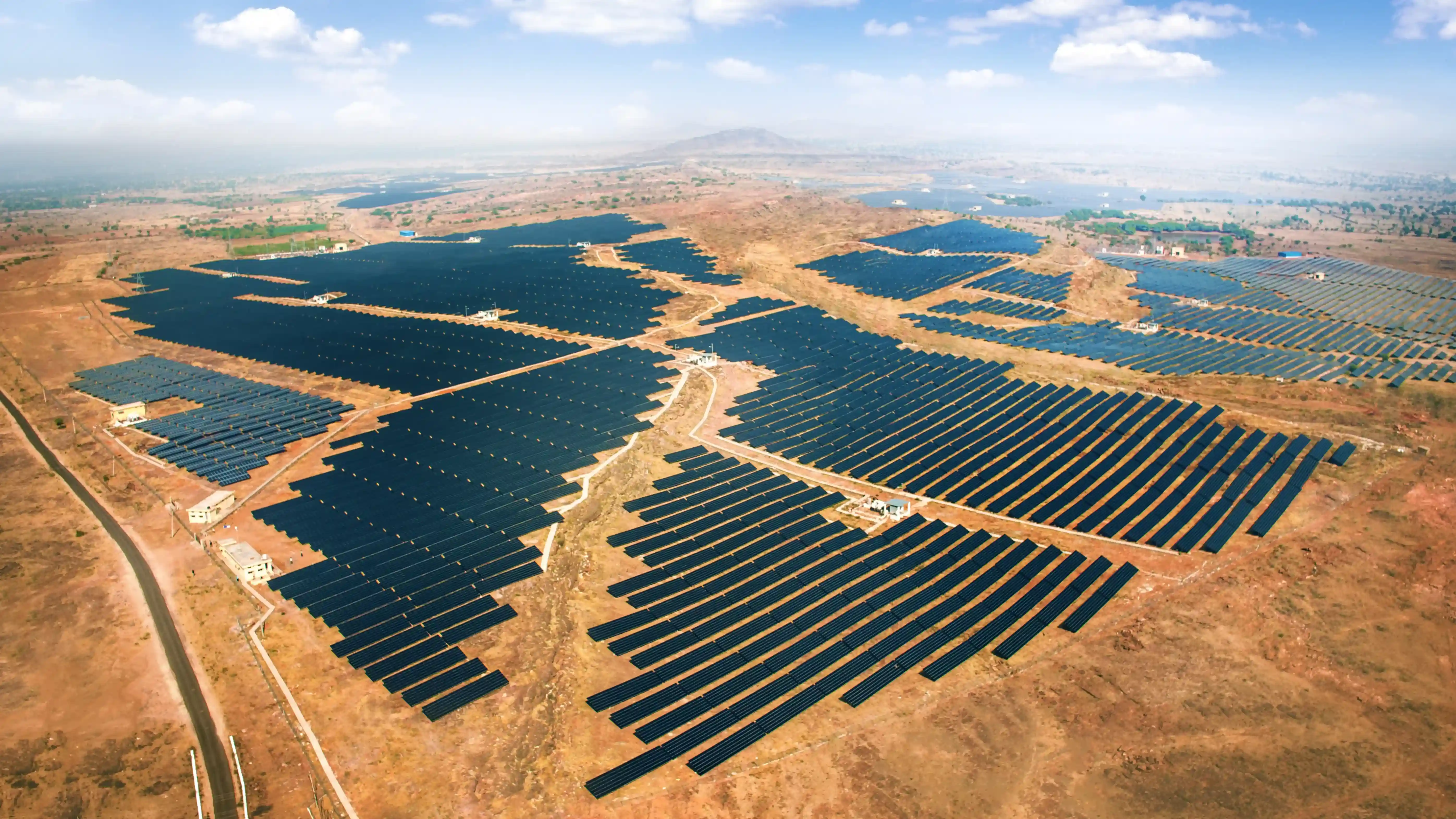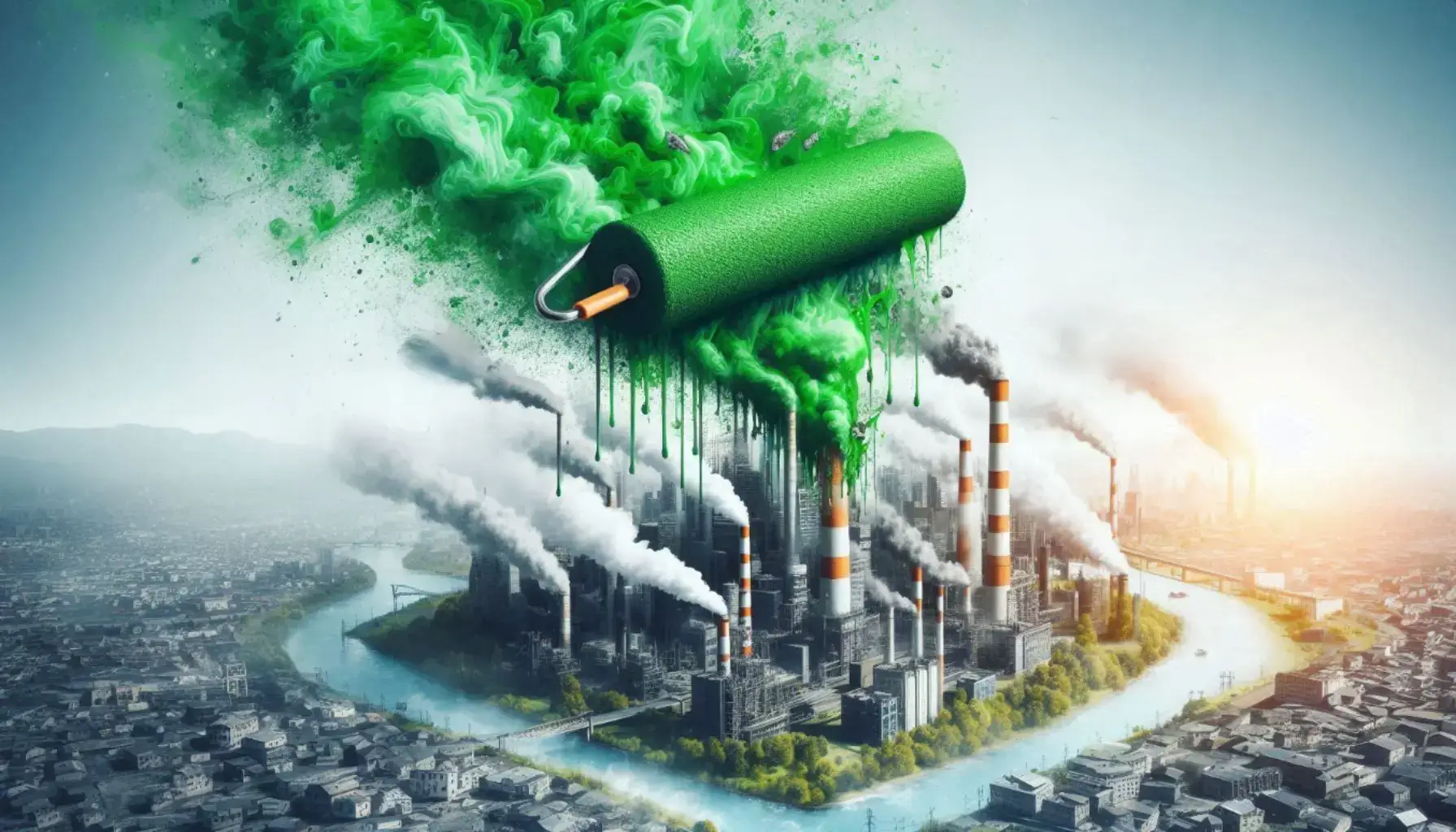Environmental Consciousness

Shashank Shetty
Comment section
You need to be a subscriber to comment
03 Jun, 2024
List of contents:
- Introduction
- Why is Environmental Consciousness necessary?
- What are the effects of environmental issues in India and how can we develop environmental consciousness?
- What are some ingenious efforts being done around the globe?
- Are there any drawbacks of Environmental Consciousness?
- How is Environmental Consciousness beneficial and what can we infer from all this?
Everyone is conscious of themselves, especially the youth. We care about our physical and mental well-being and our freedom and rights. But should we not care about the well-being and rights of our environment? After all, she is 'mother nature'. Environmentalism is the ideology of asking this exact question. It treats the environment as independent and seeks to provide rights to each component of nature, regardless of its usefulness to humans. We don't need to comprehend the philosophy behind this concept. But we must be aware of what is happening around us, because of us. The quality of a person's attitude of being aware of environmental problems and trying to solve those is termed "Environmental Consciousness".
Why is Environmental Consciousness necessary?
Not being conscious of the environment has numerous adverse effects on everything from microflora to global ecosystems. Pollution, destruction of forests, and global warming are the obvious ones. The Great Pacific garbage patch is a gyre of plastics estimated to weigh more than 80,000 tonnes. It is predicted that there will be more plastic than fish in the oceans by 2050, causing irreparable damage to coral ecosystems and marine life. The effects of climate change are immeasurable, and we are already experiencing them firsthand. A massive surge in the frequency and intensity of natural calamities and drastic changes in rain patterns are flooding the news. The destructive wildfires in Australia and Canada set ablaze millions of acres of forests. The recent floods in the Hawaiian islands have caused unbearable damage. Average global temperature has risen 1 °C since the industrial revolution, and limiting that to 1.5 °C or 2 °C by the end of this century are our most ambitious goals!
The urgency of this matter is well expressed in the words of Barack Obama: "We are the first generation to feel the impact of climate change and the last generation that can do something about it." To counter all these devastating effects, the development of environmental consciousness in everyone is necessary. Instead, some surveys say that about 70% of the youth respondents are not yet knowledgeable of the reasons for global warming and the need for renewable energy and bio-degradable waste. Formal and societal education and social media empower the next generation to be more mindful of the subject. Even in human-centric views, it enables us to reduce the effects on human health, prevent these disasters and use natural resources sustainably. Protecting ecosystems and their biodiversity will contribute to a better economy by providing an array of resources and maintaining fertility. However, some experts say that we might be causing the sixth mass extinction event. Above all these, we have ethical and moral obligations to keep our home, the Earth, safe and secure.
"We are the first generation to feel the impact of climate change and the last generation that can do something about it."
What are the effects of environmental issues in India and how can we develop environmental consciousness?
Pollution in major cities such as Delhi and Mumbai is suffocating people and animals. In the same year, we can observe droughts and floods in different parts of the country. More extreme conditions are occurring more frequently. The catastrophic cyclone Biparjoy is thought to have been caused by the increasing surface temperature of the Arabian Sea. The rising sea levels could engulf major cities and affect millions of people. Worldwide investments in green energies are overtaking those in fossil fuels. India has made enormous advances in achieving energy independence and obtaining that energy without burning coal, such as the Bhadla solar park in Rajasthan, the largest in the world. At the micro-level, governments are providing subsidies for the installation of domestic solar panels and many such provisions may not be coming to the limelight. But much more effort is needed. It is time that we stop blaming authorities and take action ourselves.
Every tiny action we take adds up. We should never think that individual actions will have no effect. After all, many droplets make up an ocean. They are beneficial for us financially too. Reducing electricity usage, until the infrastructure has become completely clean, will also reduce the electricity bill. Carrying a reusable bag will save that extra ₹10 for an "eco-friendly" bag. We must be conscious consumers and make eco-friendly choices. Consumers drive the manufacturers' methods of production. If we demand change, the companies will change for their own sake. Children and students can also make an impact. Raising awareness about the environmental issues caused by human activities and ways to minimize them by conversing with classmates and neighbours, disposing plastic and other wastes properly, donating used books and electronics instead of throwing them away, using less paper, commuting via public transportation, supporting local products to cut down transportation emissions, not wasting water and food, composting and experimenting with home gardening are some of the steps everybody can take.
What are some ingenious efforts being done around the globe?
Startups around the world are striving to fight all sorts of issues. Several ocean cleanup projects are emerging. Startups in Columbia and Mexico are making biodegradable tableware and cutlery from fruit waste. We don't even have to look further than our home country, as India is one of the top startup hubs. Making plastic-like films from seaweed, biodegradable sanitary pads from banana stalks and tableware from sugarcane waste are just a few of the amazing and creative innovations being trialled in India. But these groups face obstacles such as lack of funding and people's support. We must do our best to show our support, and it isn't exceptionally difficult in the online era.
Are there any drawbacks of Environmental Consciousness?
However, it is not all sunshine and roses. Every topic has a downside, big or small. Environmental consciousness has negligible negatives, but they still have to be mentioned. Big companies take advantage of the trend and make us feel we are contributing to a better environment by claiming to be "eco-friendly" while hiding huge caveats for hideous intentions. And opting for eco-friendly services and products is not cheap! This is mostly because many of them are still experimental and small-scale. Although India has the 5th largest economy, the sheer investments needed in other sectors and the large population are setbacks. Widespread public support, commitment and persistence are needed. But the immense cost of neglecting the harm being done to the environment far outweighs the extra investments needed to transform the world's infrastructure into a more sustainable one. Even temporarily repairing damage caused by floods and wildfires is more expensive than preventing them in the first place.
How is Environmental Consciousness beneficial and what can we infer from all this?
Taking these critical steps as a whole, by the governments and by the people, will make the world a much better place in a multitude of ways. They will make our cities cleaner, both aesthetically and energy-wise. They will enable us to breathe and drink pure air and water and live long and healthy lives. And they enable the ever-growing population of the world to have food security, meaning each and everyone has enough to satisfy their hunger. The statement by Ratan Tata, "To create an Indian environment with fresh air to breathe, clean water to drink, nutritious food with no one left hungry [...] should be the priority for you and me [...]", emphasizes this.
"To create an Indian environment with fresh air to breathe, clean water to drink, nutritious food with no one left hungry [...] should be the priority for you and me [...]"
The repercussions of our environmental actions have come back to us like a
boomerang. It is high time we stop throwing it and take responsibility.
The trendy statement, There is no 'Plan'et B, is not just for social media
posts, it is the frightening reality we all need to be aware of. As the
saying Vasudaiva Kutumbakam says, we all must stop thinking of
short-term benefits and work for the collective good of everyone in this
world, like a family. Whatever action we take towards the environment will
be a win-win for both. Prime Minister Narendra Modi's
recent call, Reform-Perform-Transform, is even applicable to
environmental consciousness. Reforms are being done; we need to perform at
micro and macro levels for the betterment of the environment and the
people; to achieve drastic transformations in the world, the society and
the way of life, all for a healthy and secure environment.
I wrote this essay for the "Tata Building India School essay competition 2023-2024" But after I wrote and memorised this essay, they changed the topic 😒 And then I wrote another essay in quite a hurry (I might post that in the future too) I did win the first prize for this at the school level, but no one concerned with the competiton followed up, and that ended there. But this is probably my 'proud-est' creation! I was very content with how this turned out and I hope you all like it too
CAUTION: Please be aware that certain parts of this article may be irrelevant or outdated due to the passage of time and changes in context. I advise you to cross-reference with more current sources for the most accurate information.



04 Jun, 2024